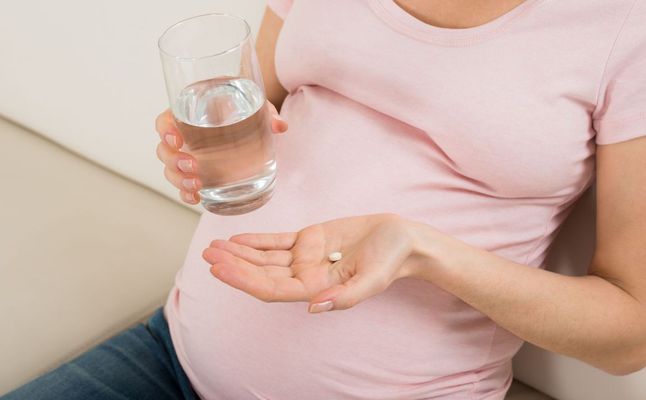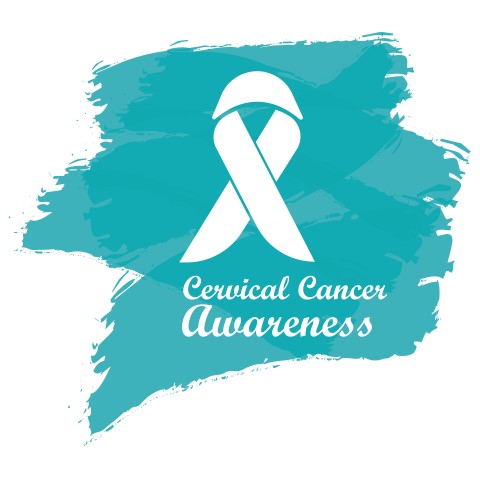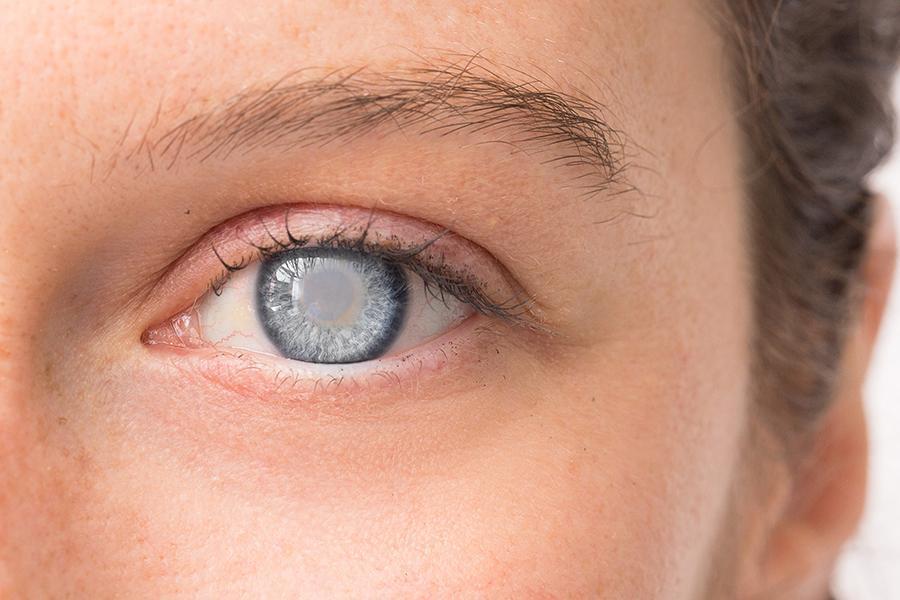New drug discovered which may extend fertility in women by six years
Sat 24 Feb 2018, 16:02:50

Scientists have identified a drug that extends egg viability in worms and could theoretically extend womens fertility by three to six years.
"As early as the mid-30s, women start to experience declines in fertility, increased rates of miscarriage and maternal age-related birth defects," said Coleen Murphy from the Princeton University in the US.
"All of these problems are thought to be caused by declining egg quality, rather than a lack of eggs," said Murphy.
The researchers used a microscopic worm, Caenorhabditis elegans (C elegans), to study longevity.
For the study, published in the journal Current Biology, they investigated downregulated group of proteins,
cathepsin B proteases, that are rare in high-quality eggs and more common in eggs that have begun degrading with age.
cathepsin B proteases, that are rare in high-quality eggs and more common in eggs that have begun degrading with age.
The existence of drugs that block these exact proteins provided an opportunity to test their effects.
Another experiment that knocked out the cathepsin B genes entirely succeeded in extending worms' fertility by about 10 percent.
"If applied to humans, it could be a three- to six-year extension of your reproductive period," said Nicole Templeman from Princeton University.
Reproductive decline is a hallmark of ageing, but despite its prevalence, interventions to slow the loss of reproductive capacity are lacking, the researchers said.
No Comments For This Post, Be first to write a Comment.
Most viewed from Health
AIMIM News
Latest Urdu News
Most Viewed
May 26, 2020
Is it right to exclude Bangladesh from the T20 World Cup?
Latest Videos View All
Like Us
Home
About Us
Advertise With Us
All Polls
Epaper Archives
Privacy Policy
Contact Us
Download Etemaad App
© 2026 Etemaad Daily News, All Rights Reserved.

























.jpg)
.jpg)
.jpg)


